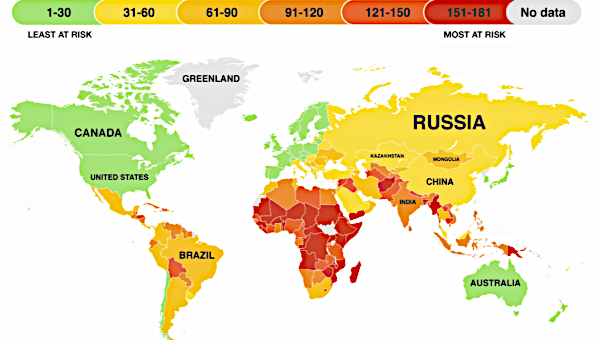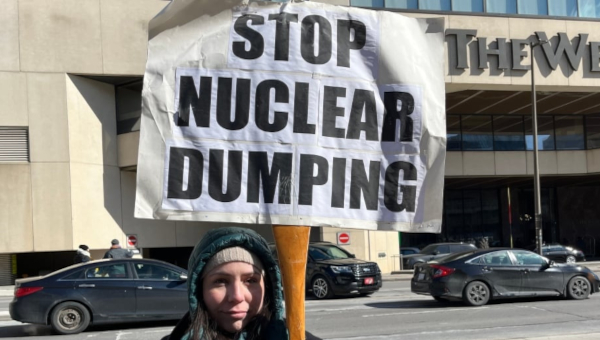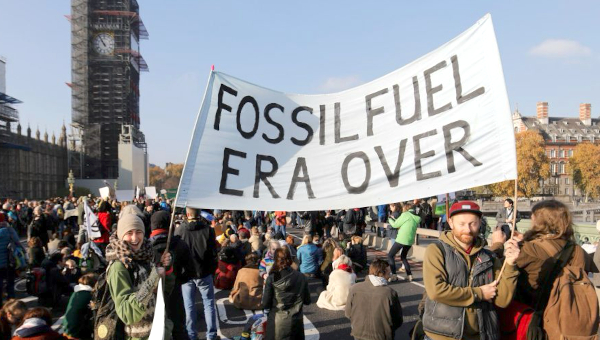Climate and Capitalism
Climate Change Impacts on the Global South and Inadequate UN Agreements Climate change is already catastrophic for countless people around the world, especially in parts of the Global South. Some residents … Watch video »
Climate Change Impacts on the Global South and Inadequate UN Agreements
Climate change is already catastrophic for countless people around the world, especially in parts of the Global South. Some residents of low-lying Island States in the Pacific Ocean are already having to move to other countries as a result of rising sea levels. Water is also rising in Bangladesh, swallowing up coastal areas and contaminating fertile land. In East Africa changing sea surface temperatures have disrupted seasonal rains and lead to severe droughts while West Africa is experiencing rising temperatures and shifting precipitation patterns which are threatening agriculture. Meanwhile, South Asia and South East Asia have been subjected to extreme weather events that have killed and displaced tens of thousands of people, with more severe climate impacts on the way.
These developments are revealing all too starkly the limits of neoliberal development strategies of building capitalism. There is a pressing need to turn to ecologically-responsible production and egalitarian development.
Yet, wealthy nations continue to look the other way, formulating weak and non-binding agreements on climate change at UN conferences. Even the 2 degree Celsius target set out by developed countries for capping the rise in warming would lead to full-scale humanitarian disasters in the developing world. Indeed, scientists say that at 2 degrees of warming, expected in 20 to 30 years, the world will encounter widespread food shortages, unprecedented heat-waves, and more intense cyclones.
International climate change mitigation schemes, like the Clean Development Mechanism and REDD+, may not help at all, and in fact are seen as “carbon colonialism” which could result in “paying the polluter” while criminalizing local communities.
The presenters at this forum discuss how climate impacts in some of the most vulnerable regions in the world, an assessment of international mitigation schemes and climate agreements, and some thoughts on ways to avoid an escalating crisis.
Moderated by Lana Goldberg. Presentations by:
- Nasima Akter, Executive Director, Bangladeshi-Canadian Community Services
- Isaac Asume Osuoka, Director, Social Action, Nigeria
- Romain Felli, Senior researcher in Political Science, University of Geneva
The forum was sponsored by: Centre for Social Justice, Greater Toronto Workers’ Assembly and Socialist Project. Recorded in Toronto, 15 March 2015.





